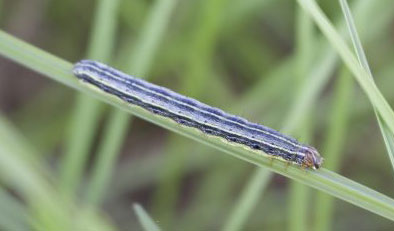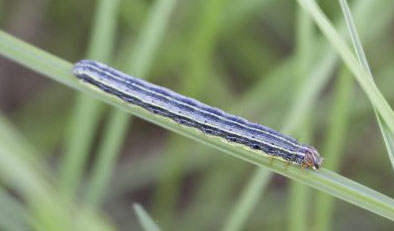
High pest pressure in Alabama means vegetable and specialty crop producers needs to stay vigilant in their scouting especially as fall crops like brassicas are being planted.
Fall armyworm moths continue to be very active throughout Alabama. They have almost doubled in numbers since August 2021 and are more than five times the numbers from 2020. According to the Alabama Extension Insect Pest Monitoring Report, there were 2,050 moth numbers at 19 locations; compared to 370 last year.
Beet armyworms numbers are catching up to fall armyworms with 1,050 recorded, compared to 749 a month ago. Southern armyworms and yellowstriped armyworms continue to increase slowly.
Ayanava Majumdar, Extension Professor in Entomology and Plant Pathology at Auburn University, said Bt, natural pyrethrin, neem with azadirachtin and spinosad should be used in a good rotation or as tank-mix (e.g., Bt Xentari + Pyganic, Bt + neem). They are effective for small caterpillars or when numbers are low. There are several effective conventional insecticides that can be used selectively. It is important to choose long-persistence and translaminar products in this wet weather.










